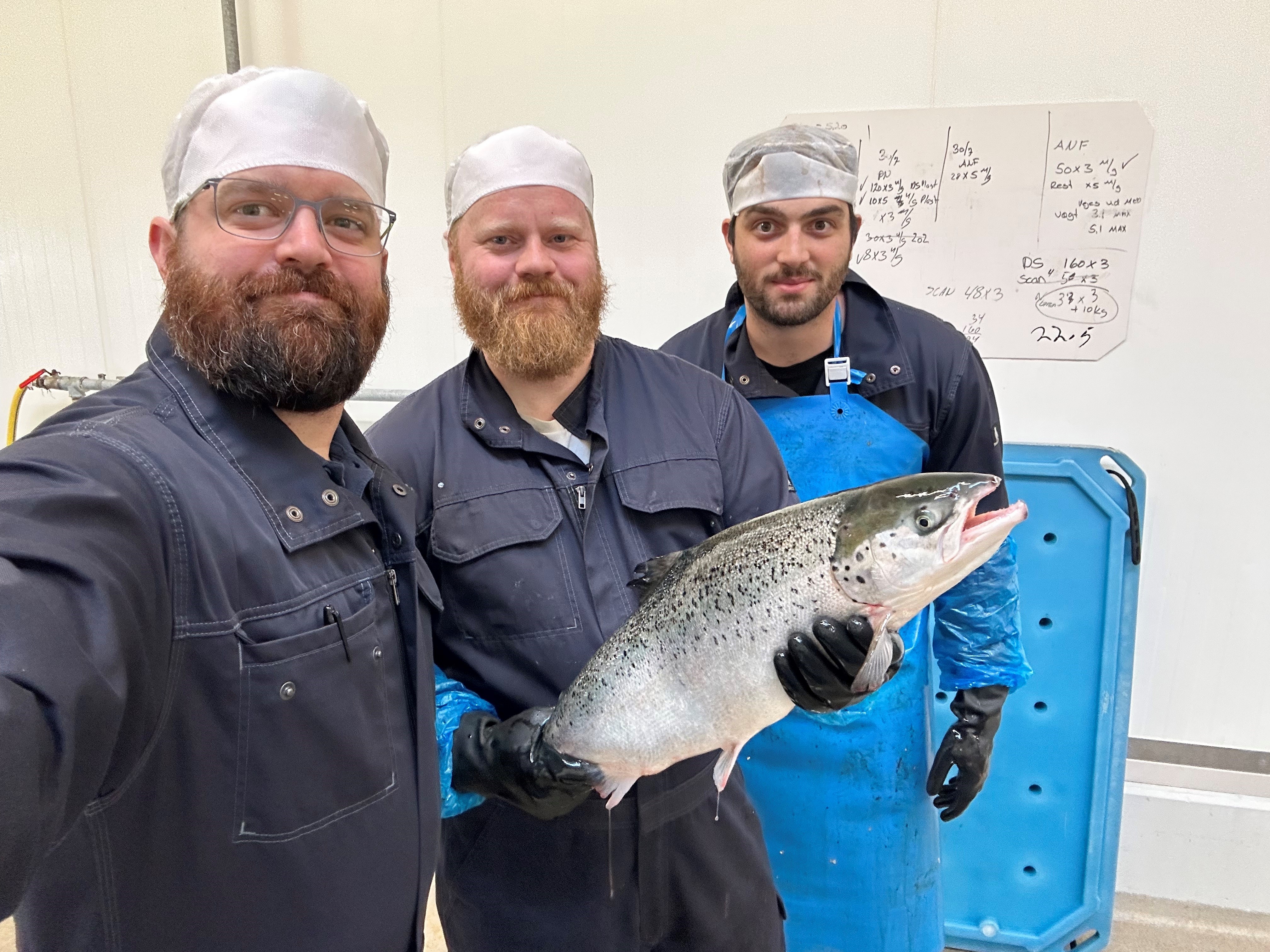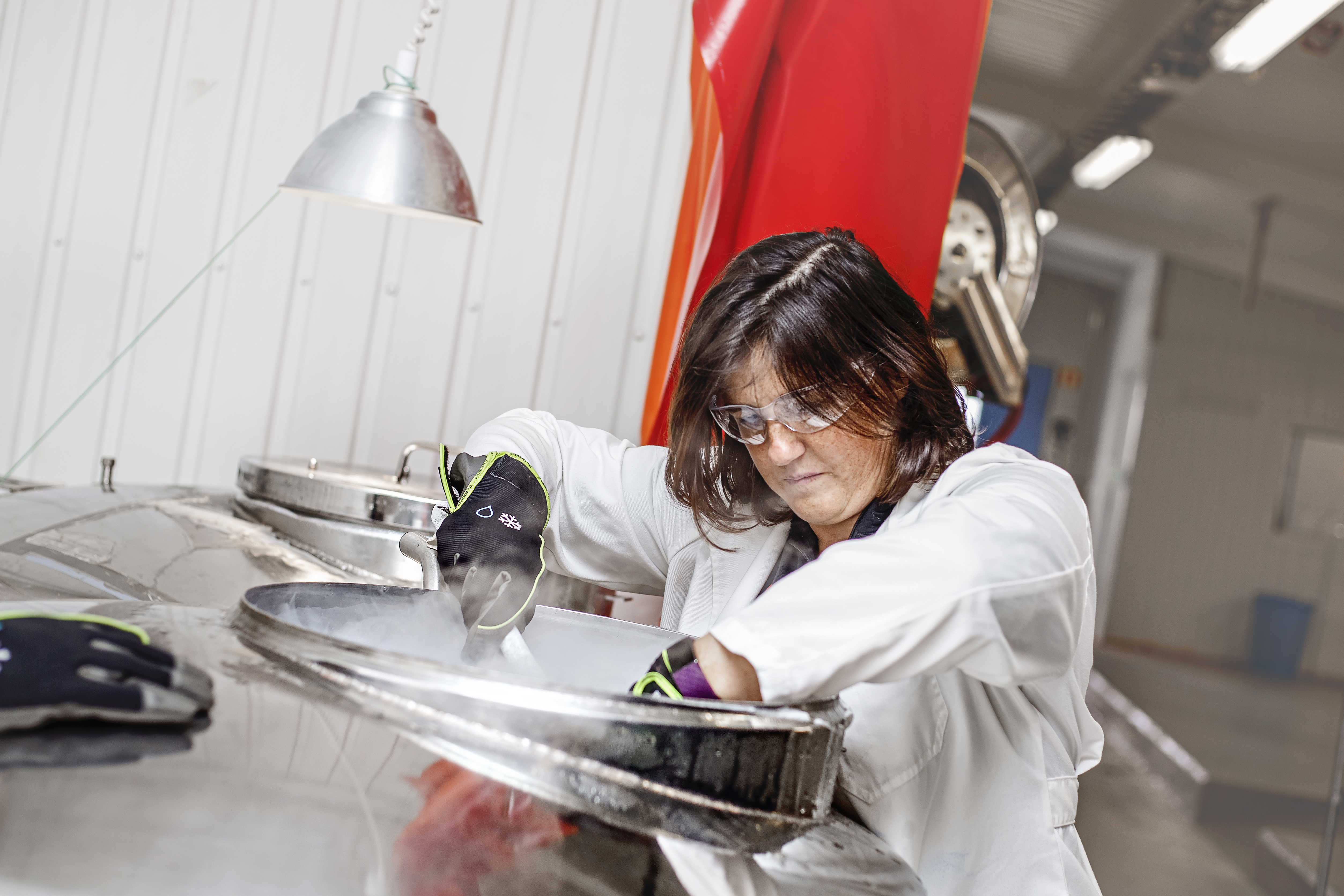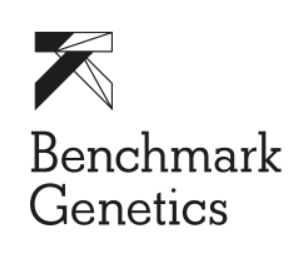Genetics tailored for Scottish waters

Expertise in genetics is helping to create salmon stock with higher levels of resilience
By Andrew Preston
Lead, Trait Development and Land Based, Benchmark Genetics
Benchmark Genetics is at the forefront of advancing sustainable salmon production through genetic improvement. While selective breeding programs have already yielded significant benefits in growth performance, robustness, and disease resistance, the diverse production and environmental conditions pose challenges. Notably, gill health-related mortalities have risen in all the major salmon-producing countries like Norway, Canada, and Scotland.
Genetic development for Scottish waters
In response to these challenges, Benchmark Genetics has launched a comprehensive genetic development initiative. Focused on tailoring high-performing salmon lines specifically for the distinct conditions of Scottish waters. Addressing the critical issue of gill health and overall robustness is central to this strategy.
Benchmark Genetics plays a crucial role in distributing Atlantic salmon ova to 38 countries, including Scotland. With a state-of-the-art incubation house with capacity to produce 300 million ova annually, the company ensures a year-round supply of high-quality salmon eggs. The emphasis is on optimising incubation protocols, including thermal regimes, for quality smolt development. This biosecure and reliable high-quality egg supply, coupled with impressive freshwater performance, positions Benchmark Genetics to enhance performance in the challenging Scottish seawater environment.

Rosana Estevez
Benchmarks approaches to address biological challenges
Scotland faces significant biological challenges, such as multi-factorial gill diseases, environmental challenges, viral infections, and sea lice issues. Benchmark Genetics employs two main approaches to address these challenges.
First, we initiate large-scale assessments and selections for high-performing salmon families routinely tested in commercial Scottish farm environments. Genomic selection is employed based on data collected from 200 families under commercial farm conditions, ensuring that the ova supplied to Scotland contains the best genetic potential for growth and robustness.
The second approach focuses on developing specific disease-resistance traits. Building on past successes in genetic resistance to diseases like Infectious Pancreatic Necrosis (IPN) and Cardiomyopathy syndrome (CMS), Benchmark Genetics conducts routine testing for complex gill disease (CGD) using approximately 200 families. This groundbreaking challenge model demonstrates significant heritability, presenting substantial potential for genetic improvement. The correlation between in vivo and net pen environments in the testing process enhances the effectiveness of this approach.
Successful R&D through collaborations and partnerships
Benchmark Genetics is committed to extensive research and development partnerships with Scottish institutes, such as the University of Stirling’s Institute of Aquaculture and The Roslin Institute. These collaborations aim to understand the mechanisms underlying gill health and other key traits, utilising genomics and gene editing technologies to develop future genetic solutions for infectious diseases. These efforts align with Benchmark’s overarching strategy to create tailored, high-performing, and robust salmon to support the success of the Scottish industry.


